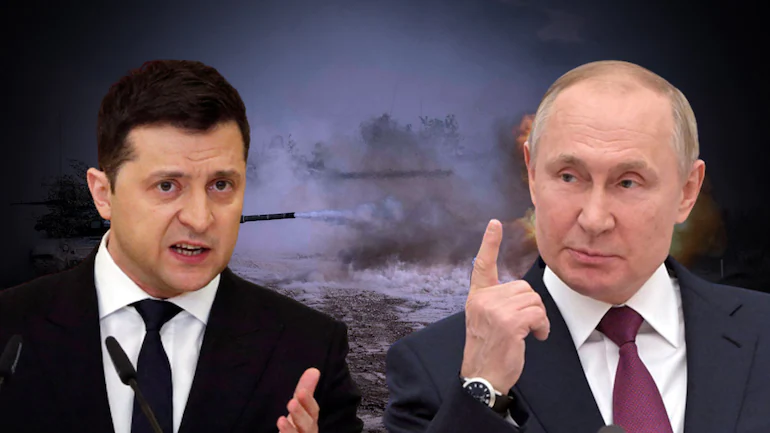The Russian aggression in Ukraine has reached Day 97. While losses to property and life in business and the humanitarian violations continue in Ukraine, life in Russia is becoming a struggle. But President Vladimir Putin seems in no mood to relent.
In the latest embargo, EU leaders backed a partial ban on Russian oil after late-night talks at a summit in Brussels, Monday. The sanctions will immediately impact 75 percent of Russian oil imports with the aim to ban 90 per cent of all Russian oil imported to Europe by the end of the year, officials said. The president of the European Council, Charles Michel, hailed the deal as a “remarkable achievement” that would place “maximum pressure on Russia to end the war”.
Around 1,000 international corporations have reduced or sold off at least some, if not all, of their operations in Russia as a result of the sanctions. The March-May period saw as many as 600,000 people lose their jobs. However, Putin has remarked: “…relieved that several foreign firms departed Russia.”
According to a Russian cinema owner, almost all cinemas in Russia may close by the end of the year after major Hollywood studios cease their licences in the country. Hollywood blockbusters accounted for almost 80% of Russian cinema’s earnings. Russian cinemas have been screening Soviet and old foreign films instead of the newly released ones in an attempt to save the business, which was already significantly hit by the COVID-19 pandemic. There are speculations that Bollywood may replace Hollywood in Russia, given the “diplomatic ties” between India and Russia.
Russian President Vladimir Putin, however, stated earlier that he was glad some foreign companies had left Russia because home-grown businesses could take their place. He warned the West that Moscow would still find ways to acquire advanced technology and luxury goods.
Since the 1990s, foreign companies have actively settled in Russia. In addition to a large consumer market, they have enjoyed comparatively low taxes and a cheap, relatively skilled labour force that was not prone to mobilisation or strikes.
The incentives provided by foreign corporations is superior to that provided by Russian companies. Medical insurance, supplemental payments, bonuses, gifts for children, sports compensation, online services, and books are all rare or non-existent in Russian businesses. In addition, salaries at foreign companies were frequently significantly greater.
Read Also: United States Sanctions On Russian Diamonds Impacts Surat Polishers












